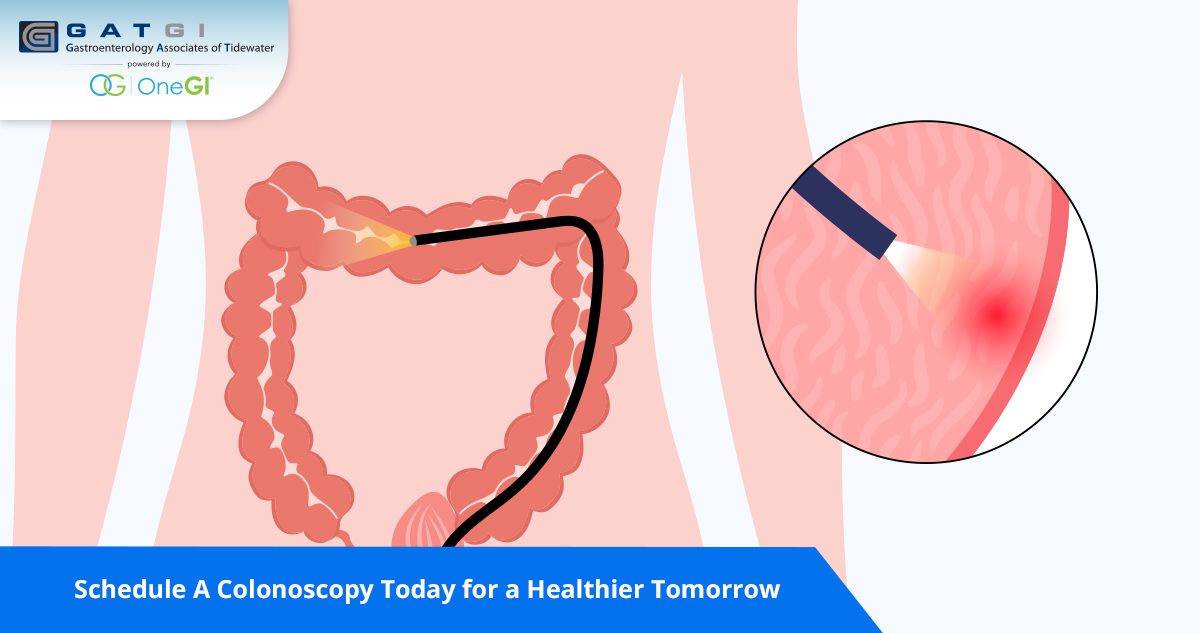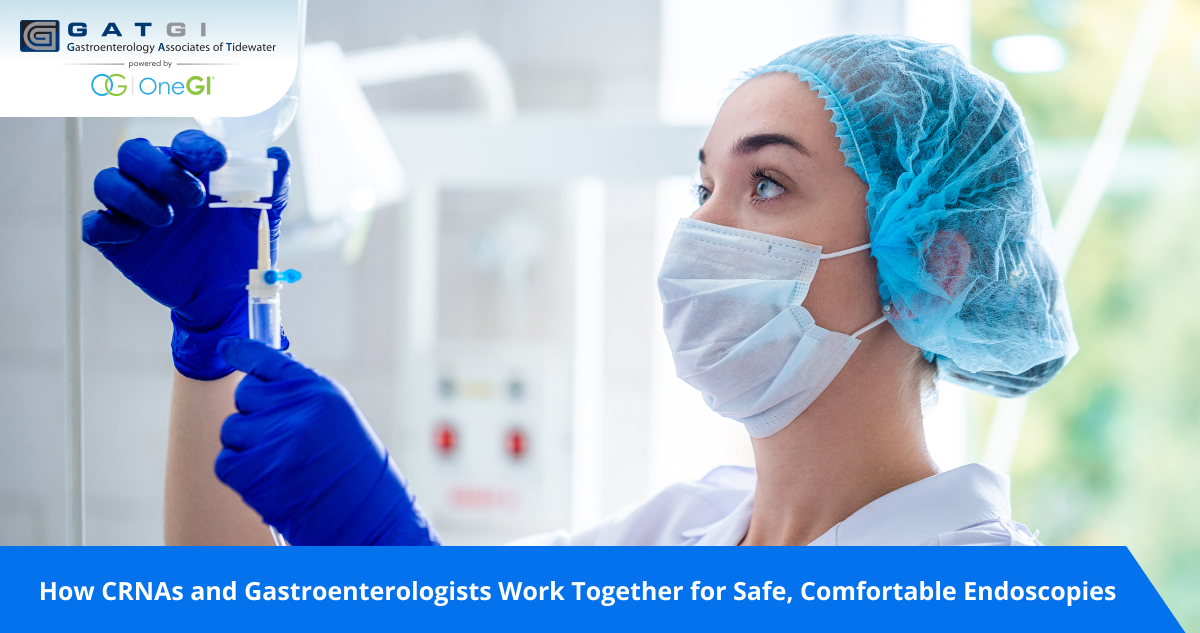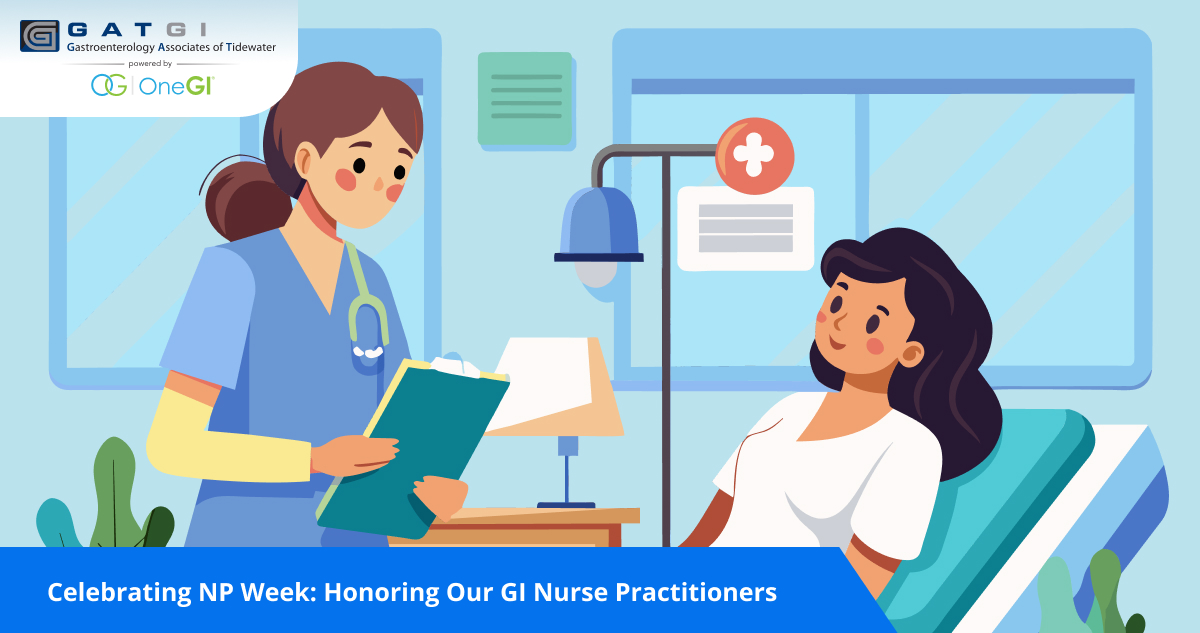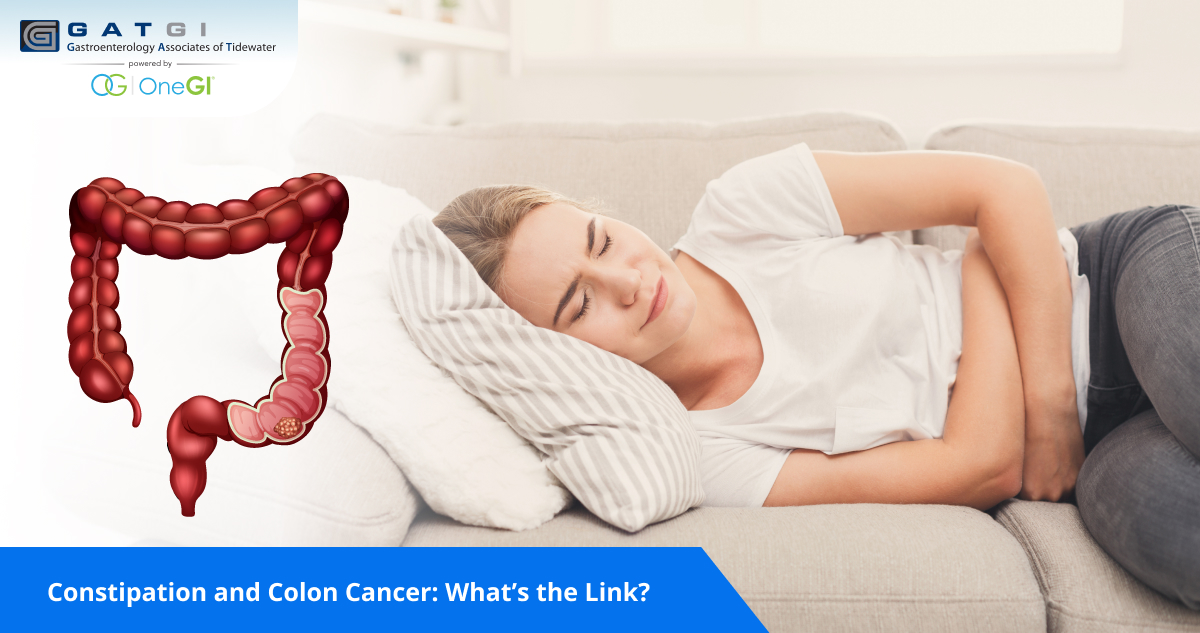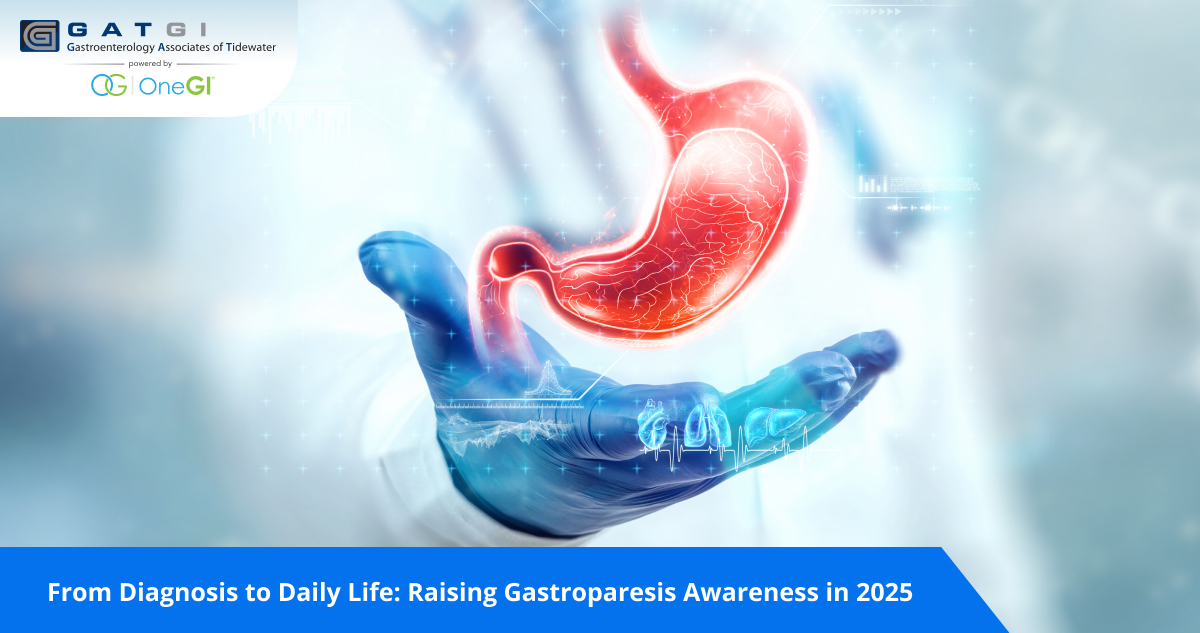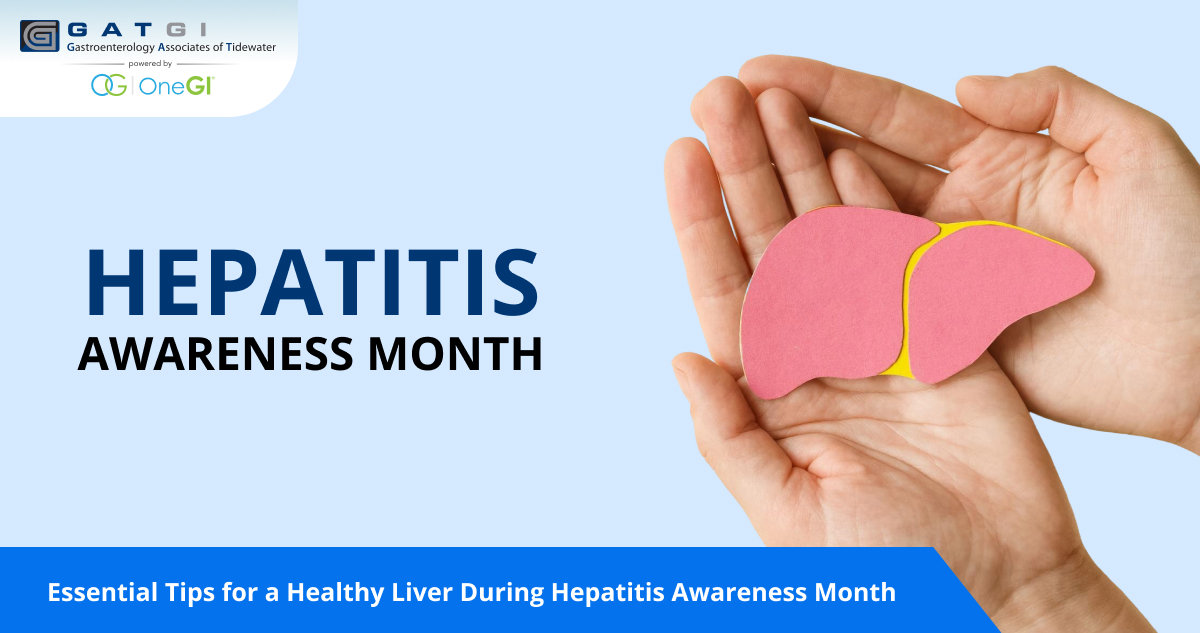As health issues rise, it’s crucial to understand and focus on preventive care. Among the various screenings and tests, colonoscopies stand out as a crucial procedure for ensuring long-term health, particularly in preventing colorectal cancer.
Table of Contents
What is a Colonoscopy?
A colonoscopy is a medical procedure that involves the examination of the inner lining of the large intestine (colon) and rectum using a long, flexible tube equipped with a camera, known as a colonoscope. This procedure allows doctors to identify abnormal growths, inflammation, or other changes in the colon that may indicate the beginning stages of colorectal cancer or other gastrointestinal diseases. Typically, the colonoscopy procedure time takes about 30 to 60 minutes to complete, although patients should expect additional time for preparation and recovery. With proper safeguards in place, this minimally invasive procedure can provide vital insights into one’s digestive health.
Four Compelling Reasons to Get a Colonoscopy
Recognizing the significance of regular health screenings, here are five compelling reasons why scheduling a colonoscopy should be at the top of your health checklist.
Detect Colon Cancer Early
A colonoscopy screening is crucial for early colorectal cancer detection and prevention. The American Cancer Society notes that regular screenings improve survival rates, with a 90% five-year survival rate for localized cancer. Colonoscopies examine the inner lining of the colon and rectum, detecting abnormalities like polyps that could become cancerous. By identifying and removing polyps before they become cancerous, colonoscopies play a crucial role in cancer prevention. Adults over 45 are advised to begin regular screenings, significantly enhancing health outcomes by addressing issues early and preventing serious diseases. This proactive measure is invaluable for maintaining long-term health and reducing cancer risks. For many, the peace of mind that comes from knowing they’re taking active steps to prevent disease is motivation enough to schedule that appointment.
Examine Gastrointestinal Symptoms
A colonoscopy is an essential diagnostic tool for addressing various intestinal issues and diagnosing digestive disorders. It is particularly useful if you experience symptoms such as abdominal pain, rectal bleeding, or chronic diarrhea, allowing your doctor to investigate potential underlying causes. By providing a clear view of the colon, it can help identify abnormalities and ensure prompt addressing of concerning conditions for better health outcomes. Beyond cancer detection, colonoscopies are valuable for diagnosing digestive disorders like Crohn’s disease, ulcerative colitis, and diverticulosis. Early diagnosis can lead to effective management and treatment, improving quality of life, as these disorders can significantly impact daily activities; addressing them promptly is crucial for maintaining overall health.Consider Your Family History of Digestive Health Issues
Consider Your Family History of Digestive Health Issues
Understanding your family history is vital when it comes to scheduling a colonoscopy. If you have a family history of digestive health issues, such as colorectal cancer, inflammatory bowel disease, or other gastrointestinal disorders, it becomes increasingly important to discuss these factors with your healthcare provider. Genetic predispositions can significantly elevate your risk of developing similar conditions, making regular screenings essential. Many experts recommend that individuals with a family history begin screening at a younger age than the typical recommendation of 45 years. By identifying any familial risk factors, you can take proactive steps towards monitoring your digestive health, ensuring that any potential issues are caught early and managed effectively.
High Incidences in Hampton Roads
Residents of Hampton Roads, Virginia, face higher incidences of colorectal cancer compared to national averages. Studies have shown that this region has a significant cluster of cases, with women being most affected. Socioeconomic factors and limited access to healthcare contribute to this worrying trend. By raising awareness and encouraging regular colonoscopies, we can work towards reducing these statistics and improving health outcomes for the community.
How Often Should You Get a Colonoscopy?
For optimal health, it’s recommended that adults aged 45 and older undergo a colonoscopy every ten years, or more frequently if they have specific risk factors or a family history of colorectal cancer. Regular consultations with your healthcare provider can help determine the best screening schedule tailored to your individual health needs.
A colonoscopy is more than just a routine procedure; it’s a powerful tool in the fight against colorectal cancer and other digestive disorders. By scheduling your colonoscopy today, you’re taking a proactive step towards ensuring a healthier tomorrow. Remember, early detection saves lives, and with advancements in technology, the process is more accessible and comfortable than ever. Prioritize your health by scheduling an appointment with a gastroenterologist at Gastroenterology Associates of Tidewater. They provide convenient locations in Virginia Beach and Chesapeake.
Visit GATGI’s Open Access page for more information or to schedule a colonoscopy screening.

